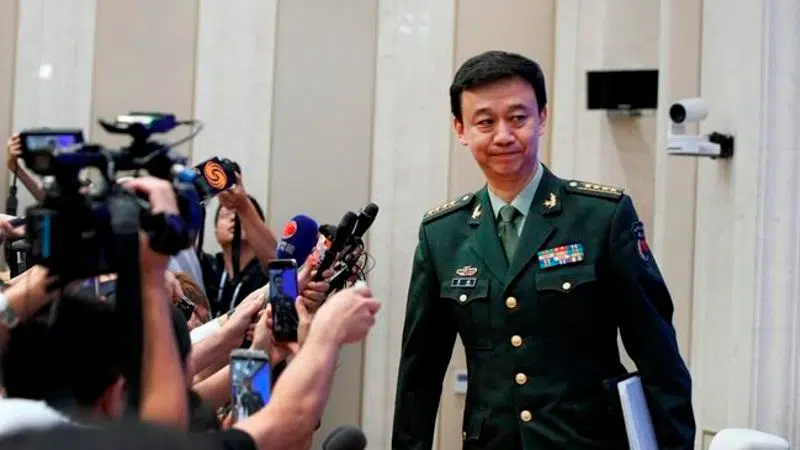
China says US ‘power politics’ undermines global stability
BEIJING — China on Wednesday accused the United States of undermining global stability with unilateral policies and “power politics” as the Defence Ministry issued the first comprehensive outline of its policies since President Xi Jinping came to power more than six years ago.
The U.S. was the first country mentioned in the document’s opening section about “prominent destabilizing factors” and “profound changes” in the international security environment.
“The U.S. has adjusted its national security and defence strategies, and adopted unilateral policies,” China said in the document. “It has provoked and intensified competition among countries, significantly increased its defence expenditure … and undermined global strategic stability.”
It’s the 10thwhite paper of its kind since 1998. The last one was published in 2011, two years before Xi became president.


